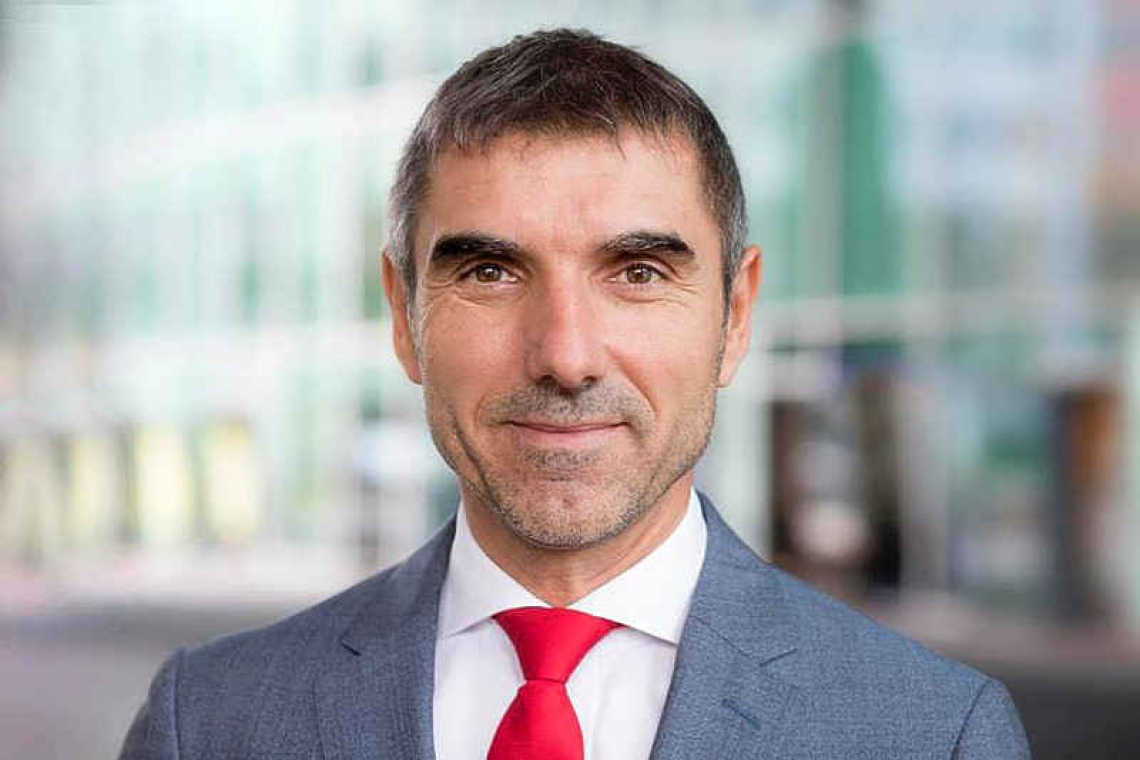THE HAGUE--The Dutch government and the public entities Bonaire, St. Eustatius and Saba have committed to jointly tackle domestic violence and child abuse on the three islands.
Dutch State Secretary of Public Health, Welfare and Sport Paul Blokhuis and representatives of the public entities signed an accord on Monday to strengthen efforts to combat domestic violence and child abuse. The new agreement is a continuation of the earlier 2017-2020 agreement of the Ministry of Public Health, Welfare and Sport VWS and the public entities.
“Prevention of violence and abuse is essential. Prevention is promoted through the providing of solid information. Specialised personnel have been appointed and trained,” it was stated in a press release from the Dutch government.
A women’s shelter has been started in Bonaire, and safe shelters are also being prepared in Saba and St. Eustatius. A reporting point for professionals has been set up in Bonaire and will also be realised on the other two islands in the first quarter of 2021.
Numerous assessments have shown that domestic violence and child abuse occur a lot in the Caribbean Netherlands. The Treaty of Istanbul went into effect in 2016. This treaty is aimed at preventing violence against women and domestic violence, and sets requirements to tackle these forms of violence.
Through the accord with the three public entities, efforts are being made to have the Caribbean Netherlands comply with these requirements as well. In the drafting of the accord, the Ministry of VWS and the public entities took the recommendations of the United Nations Children’s Fund UNICEF in its 2019 Situation Analysis into consideration.
The involved parties emphasised the importance of professionalising the tackling of domestic violence and child abuse in the Caribbean Netherlands. A joint and integral approach is of importance. With this new accord for 2021-2024, the VWS Ministry and the public entities jointly work on the agreed-on priorities to further improve this approach.
The most important points of attention are to prevent domestic violence and child abuse by, among other things, providing solid information and the training of a broad number of involved professionals. A reporting system with a low threshold will be set up where (suspected) cases of domestic violence and child abuse can be reported.
The providing of assistance and cooperation between partners in health care, police and judicial partners will be strengthened. There will be attention for the support of the person who commits this type of violence to prevent reoccurrence. If necessary, existing legislation will be adapted to legally support the tackling of domestic violence and child abuse.
The approach is aimed at preventing and combating of every form of domestic violence and child abuse, including physical abuse, neglect and sexual abuse. The approach will differ per island, because the issues and the culture vary per island.
Domestic violence often goes together with other problems such as poverty, debts, unemployment, psychological issues and alcohol- and drug-abuse. That is why these issues also need to be tackled when combating domestic violence and child abuse. A broad approach is necessary and the parties are committed to work on this.







